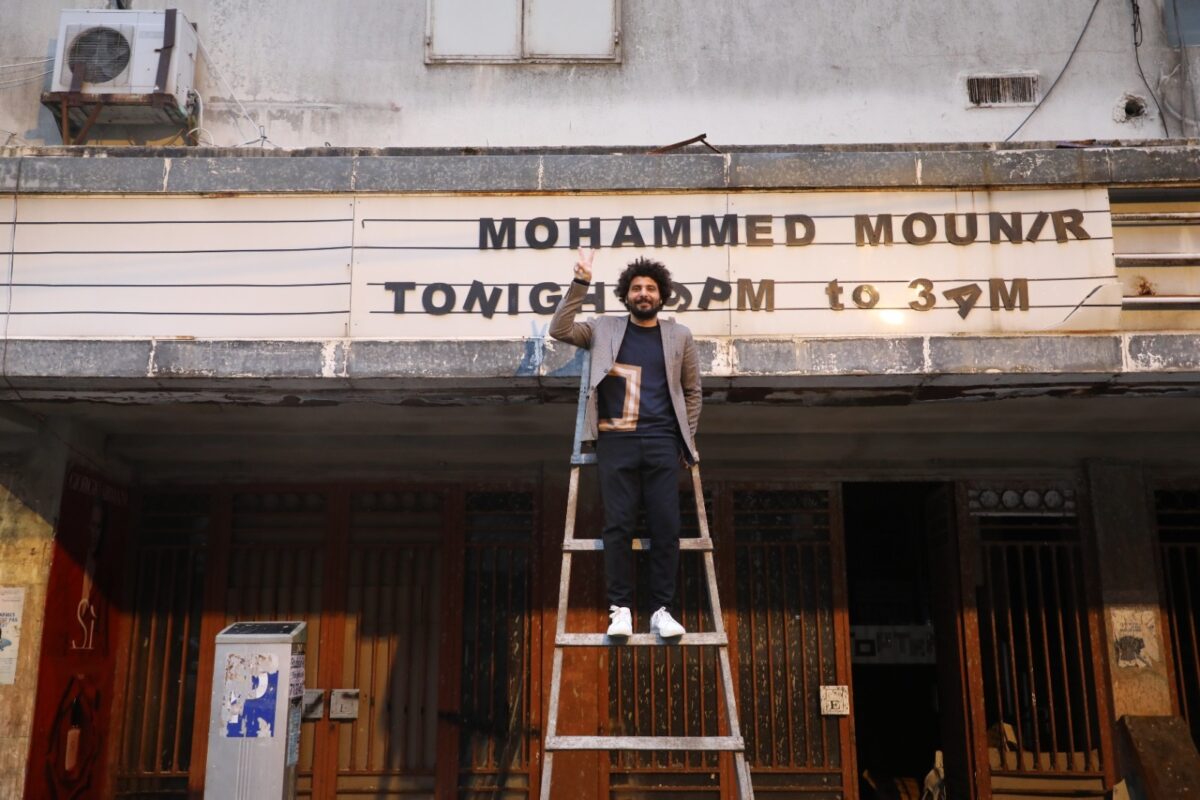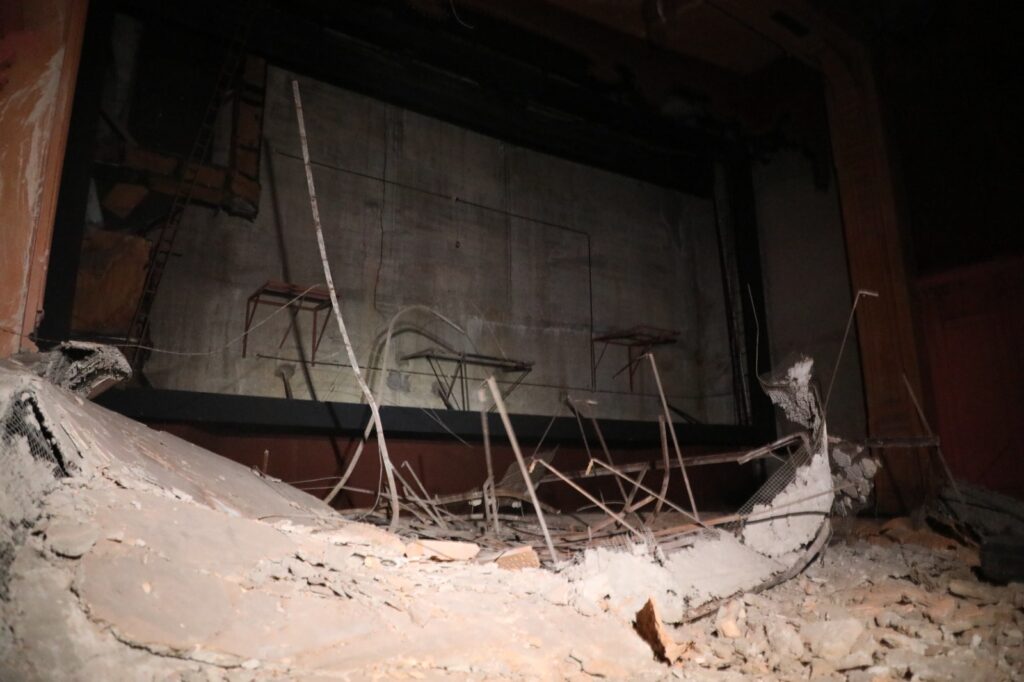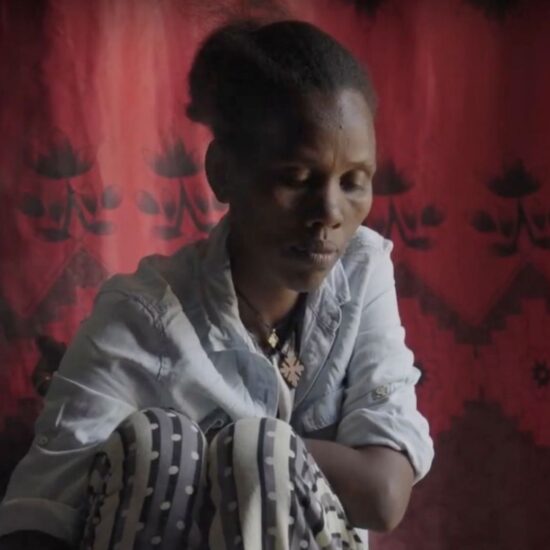
Art is a right for all: Qassem Istanbouli breaks down the barriers between Lebanese regions and connects them through shared cultural spaces
Lebanon, renowned for its vibrant theatrical heritage, is experiencing a revival of its historic cinemas. After the successful reopening of the iconic Empire Cinema in Tripoli, which had been neglected for 28 years, actor and director Qassem Istanbouli has focused his efforts on restoring Le Colisée, in the bustling Hamra district. Built in 1945, Le Colisée is one of Beirut’s oldest and most cherished cinemas.
This restoration is part of a broader initiative to rehabilitate and reopen cinemas across southern and northern Lebanon, transforming them into free, independent cultural spaces accessible to all. Istanbouli, founder of the Lebanese National Theater, underscores the goal of making art a universal right and breaking down the imaginary barriers between different regions of Lebanon. He proudly highlights the rich cinematic history of Beirut, noting that, during its golden age, it used to be the second most cinema-rich city in the Arab world after Cairo.
Despite the economic crisis that struck Lebanon in 2019, which severely impacted the cultural sector, and the subsequent COVID-19 lockdowns, these initiatives are helping to revive the country’s cultural scene. By restoring these historic venues, Istanbouli and his team are breathing new life into Lebanon’s cultural landscape, offering hope and artistic expression in challenging times.
Reviving history
Le Colisée, established in 1945, is one of the oldest in Lebanon. Despite the challenging circumstances, the team aims to transform it into an accessible national space to create a free, independent cultural space for everyone.
Istanbouli explained that the new theatre would feature spaces for workshops, festivals, artistic performances, a public library, and an art café. The association’s dream has been growing since the establishment of the Lebanese National Theater in Tyre, southern Lebanon, seven years ago, and it is now being realized in Beirut.
“Thanks to the efforts of a group of young volunteers, we work under the motto ‘Art is a right for all’ to break down the imaginary barriers between Lebanese regions and connect them through shared cultural spaces,” Istanbouli told NOW.
Historically, Lebanon had around 29 cinemas in Martyrs’ Square in central Beirut and 16 in the Hamra area. Many theatres were also established in Beirut, witnessing the creativity of prominent Lebanese and international playwrights. “Each area should have its own cinema so that no one is denied access to cinemas and theatres,” Istanbouli added. He also explained that they aim to decentralize cultural life so audiences and participants can move between different areas of Lebanon.
The director considers that the historical element of reviving old cinemas adds to their charm, as cultural activities should not just take place for economic gains but also to preserve the identity of the original place, preserve memory, and ensure that the legacy continues.
“Each location has its characteristic, and we will try to preserve this because there’s a story of architecture, art, and history being told in these places,” he said.
Challenges along the way
To preserve the identity and history of the place and ensure that renovations closely resemble the original, some challenges must be overcome, Istanbouli said. He noted that they would need around six months to complete the renovations and plan to raise the necessary funds through online fundraisers.
Lebanon’s film industry has faced significant difficulties in recent years, grappling with both economic crises and other upheavals. Despite 82% of the population living below the poverty line, artists continue reinventing themselves, proposing new ways to make cinema and theatre, share films, and, importantly, rediscover lost spaces. There is also a third major wave of emigration in the country’s history, impacting filmmakers, technicians, and skilled individuals essential to the industry.
Istanbouli emphasized that any opening or reopening of a cultural space enriches the country, as these spaces allow people to express themselves and provide newly graduated students and art enthusiasts with opportunities to showcase their work, learn, train, and gain recognition.
“These spaces allow people to express themselves and give newly grads, students, and art enthusiasts a chance to showcase their work, learn, train, and get recognition,” he noted.
Despite the current crisis, film festivals and theatre shows are still widely held and attract both locals and foreigners. Lebanon’s cinema and theatre have long been recognized for their special place in the MENA region and worldwide. However, political and economic instability has significantly damaged the cultural sector. According to Istanbouli, newly graduated students remain motivated to breathe new life into the sector, representing the future that Lebanon’s cultural and artistic scene needs to survive.









